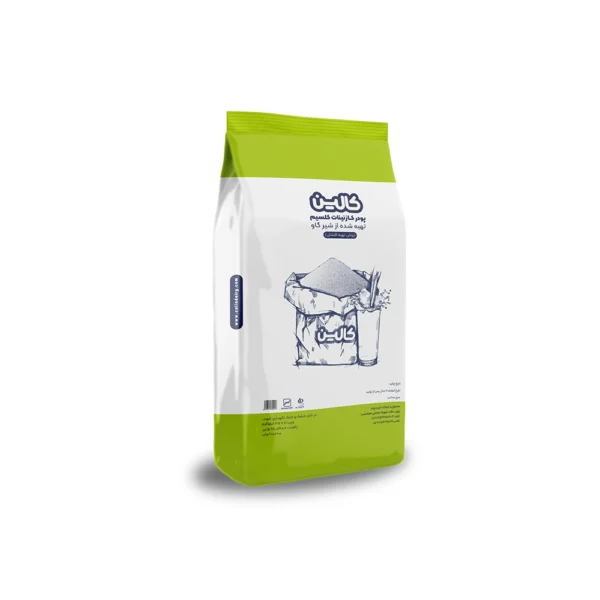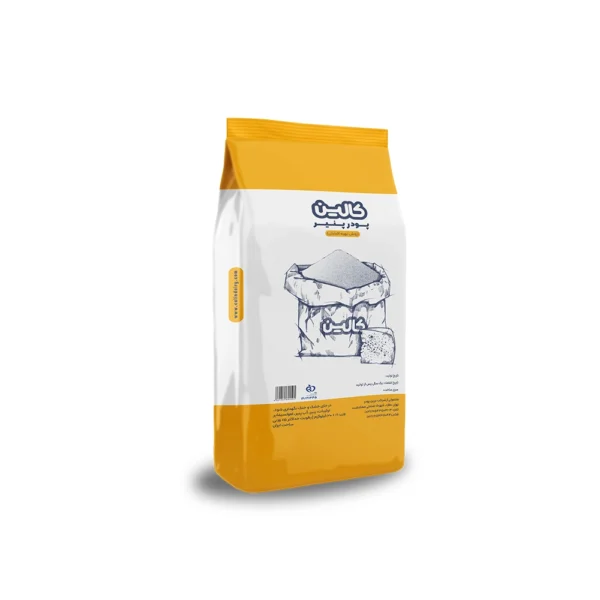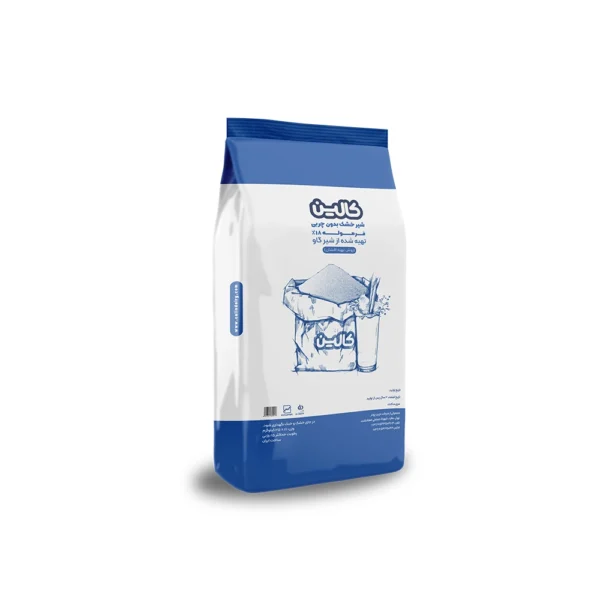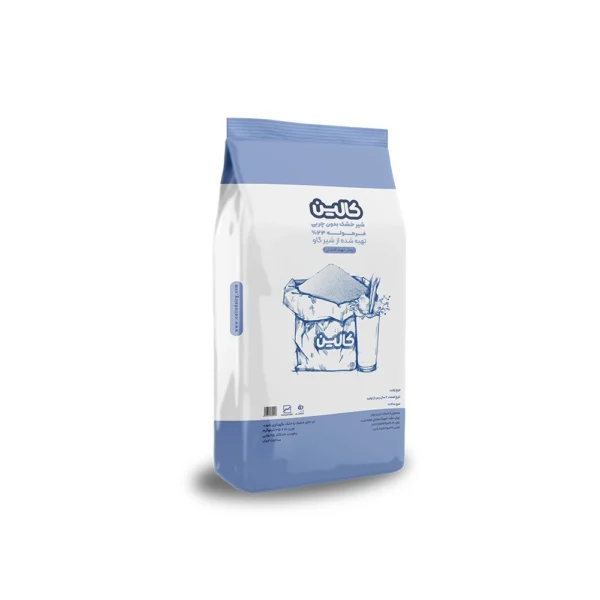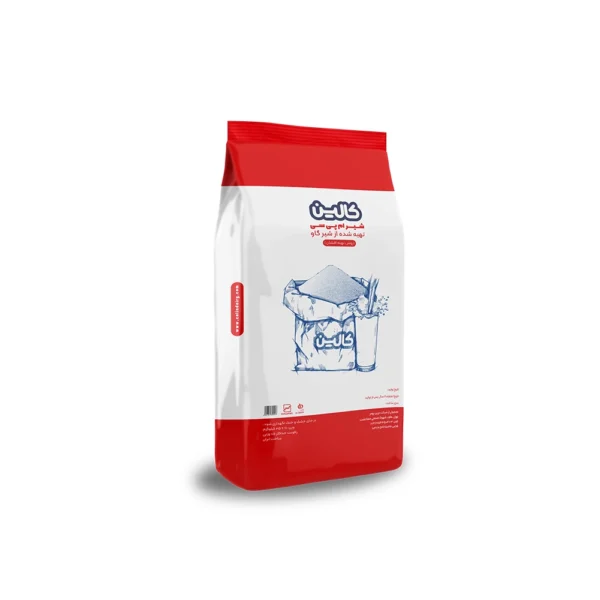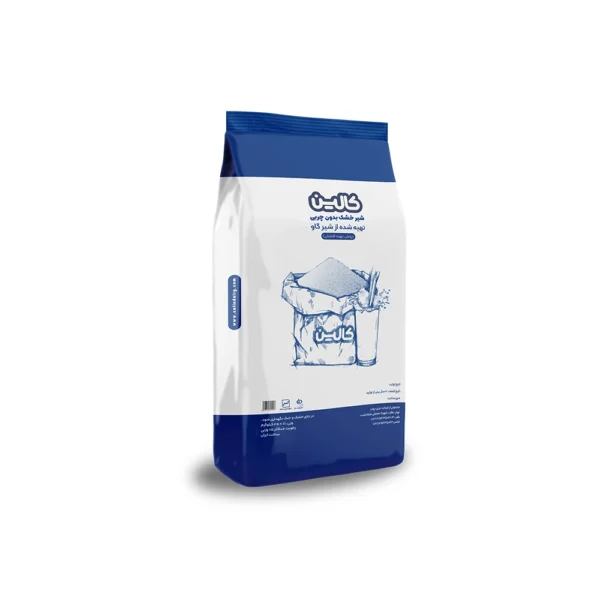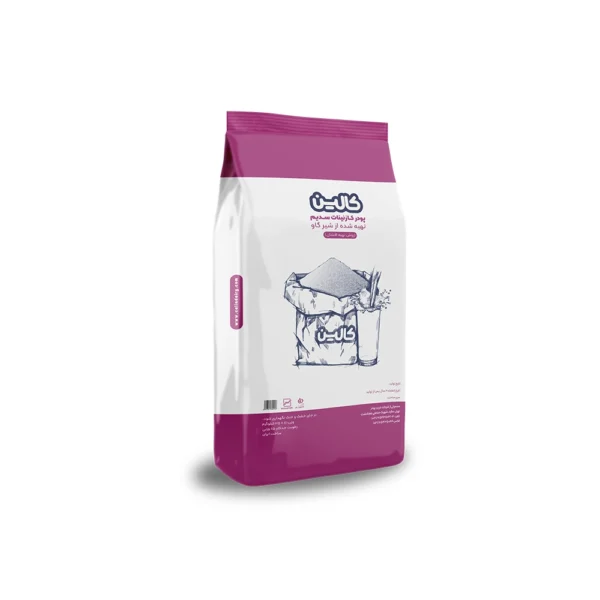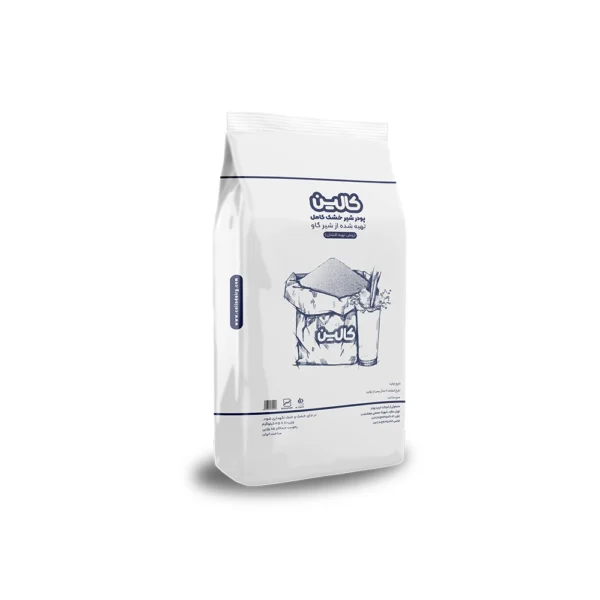Formulated Skim Milk Powder 18%, 25 kg
MPC Powder, 10kg
Sodium Caseinate Powder, 10kg
What Dairy Powders Are Important?
Dairy powder is a useful ingredient used across various food industries for its long shelf life and nutritional benefits. Whether you’re producing baked goods, ready-to-eat meals, confectionery products, or beverages, dairy powder ensures consistent quality and flavor. From cheese powder to the best powdered milk, manufacturers and wholesalers alike rely on these dry dairy ingredients to deliver reliable results.
Dairy powder plays a crucial role as a base material in various food industries, especially in the production of chips and snacks. Ingredients like cheese powder, whey powder, and milk powder are commonly used to enhance flavor, improve texture, and boost nutritional value in products such as flavored chips, cheese puffs, and coated nuts. These powders provide a rich, creamy taste and help in achieving a uniform seasoning blend that adheres well to snack surfaces. Additionally, their low moisture content extends shelf life, making them ideal for mass production and packaging. These factors make dairy powder an essential ingredient in the snack industry.
Understanding the types of dairy powder, their benefits, and how to buy dairy powder wisely can help you optimize your production quality and budget. Whether you’re interested in comparing milk powder prices or looking for the best supplier for bulk orders, platforms like Calin Dairy offer a wide selection at competitive prices. In this page, we’ll explore what dairy powder is, its different types, nutritional benefits, and tips on how to buy dairy powder wisely, whether you’re purchasing in bulk or for specialty use.
What Is Dairy Powder?
Dairy powder refers to any milk-derived product that has been dehydrated into powder form for extended shelf life and ease of transportation. The drying process removes moisture while retaining the product’s essential nutrients, taste, and functionality.
Common forms of dairy powder include:
– Milk powder (both full cream and skimmed)
– Cheese powder
– Whey powder
– Butter powder
– Yogurt powder
Dairy powders are widely used in various industries, including bakery, confectionery, snacks, sauces, beverages, and even infant formulas. With growing demand, dairy powder is becoming more accessible through online platforms and specialized distributors.
Types of Dairy Powder
When selecting the right product, understanding the various types of dairy powder is crucial. Here’s a breakdown:
1. Milk Powder
Available as whole milk powder, skimmed milk powder, and non-fat dry milk, this is one of the most commonly used dairy ingredients. Main ingredients in baker’s and food manufacturing, thanks to their ease of reconstitution and rich nutritional profile.
Whole Milk Powder: Contains all the milk fat, providing a creamy taste. Ideal for desserts and beverages.
Skimmed Milk Powder (SMP)
Lower in fat, making it suitable for health-conscious products and low-fat formulations.
Instant Milk Powder: Designed to dissolve quickly in water, perfect for consumer use and retail packaging.
2. Cheese Powder
Cheese powder is a popular flavoring agent in snacks, sauces, seasonings, and baked goods. Made by drying real cheese or cheese blends, it offers a concentrated cheese flavor without refrigeration needs.
3. Whey Powder
A by-product of cheese production, whey powder is rich in protein and commonly used in nutritional products, protein bars, and beverages. It’s also available in forms like whey protein concentrate and whey protein isolate.
4. Butter and Cream Powders
These provide the taste and richness of butter or cream without the need for refrigeration, making them great for dry mixes and bakery formulations.
When choosing, consider both the application and your desired dairy powder price, as prices vary by type and quality.
Nutritional Benefits
Dairy powders retain many of the essential nutrients found in liquid dairy products, including:
Protein: Crucial for muscle repair and energy.
Calcium: Supports strong bones and teeth.
Vitamins: Especially vitamins A, D, and B-complex.
Healthy fats (in whole milk powder and cheese powder)
They offer a convenient, shelf-stable alternative to liquid dairy while still supporting a balanced diet. Whether you’re sourcing the best powdered milk for health drinks or cheese powder for snacks, you can count on these products for both nutrition and taste.
Buy dairy powder
If you’re ready to buy dairy powder, it’s important to consider a few key factors:
1. Quality and Certification
Always choose products that are tested and certified for safety and quality, especially when buying for commercial or food manufacturing purposes. The sale dairy powder price is so depends on the quality.
2. Price Comparison
Check milk powder prices and other dairy powder prices across suppliers. Wholesale and bulk rates are usually more economical. The dairy powder price can vary depending on the type (e.g., skimmed vs whole milk) and processing method (spray-dried, freeze-dried, etc.).
3. Supplier Reputation
Choose suppliers with a good track record in providing high-quality dairy powder. Calin Dairy, for example, offers competitive pricing for both bulk and per-kilogram purchases, catering to both small businesses and large-scale manufacturers.
4. Packaging Options
Make sure the packaging suits your needs, is airtight, moisture-resistant, and in sizes that match your consumption rate. Proper packaging helps maintain freshness and prevents spoilage.
Frequently Asked Questions (FAQs)
What is the typical shelf life of powdered milk, and how should it be stored?
Powdered milk typically has a shelf life of 12 to 24 months, depending on the type and packaging. For best results, store it in a cool, dry place in an airtight container away from direct sunlight. Once opened, it should be used within a few weeks or stored in the refrigerator to extend freshness.
Which type of dairy powder is best suited for baking or confectionery use?
For baking, skimmed milk powder is a popular choice due to its low fat content and ability to add milk solids without altering fat ratios. In confectionery, cheese powder and whey powder are often used for flavor and protein content. Whole milk powder adds richness and creaminess to cakes and pastries.
Are there nutritional differences between instant and non‑instant milk powders?
Nutritionally, both instant and non-instant milk powders offer similar vitamins, minerals, and proteins. The main difference lies in solubility; instant powders dissolve faster in water due to added lecithin or granulation processes. However, for industrial use, non-instant varieties may be preferred for cost or formulation needs.






